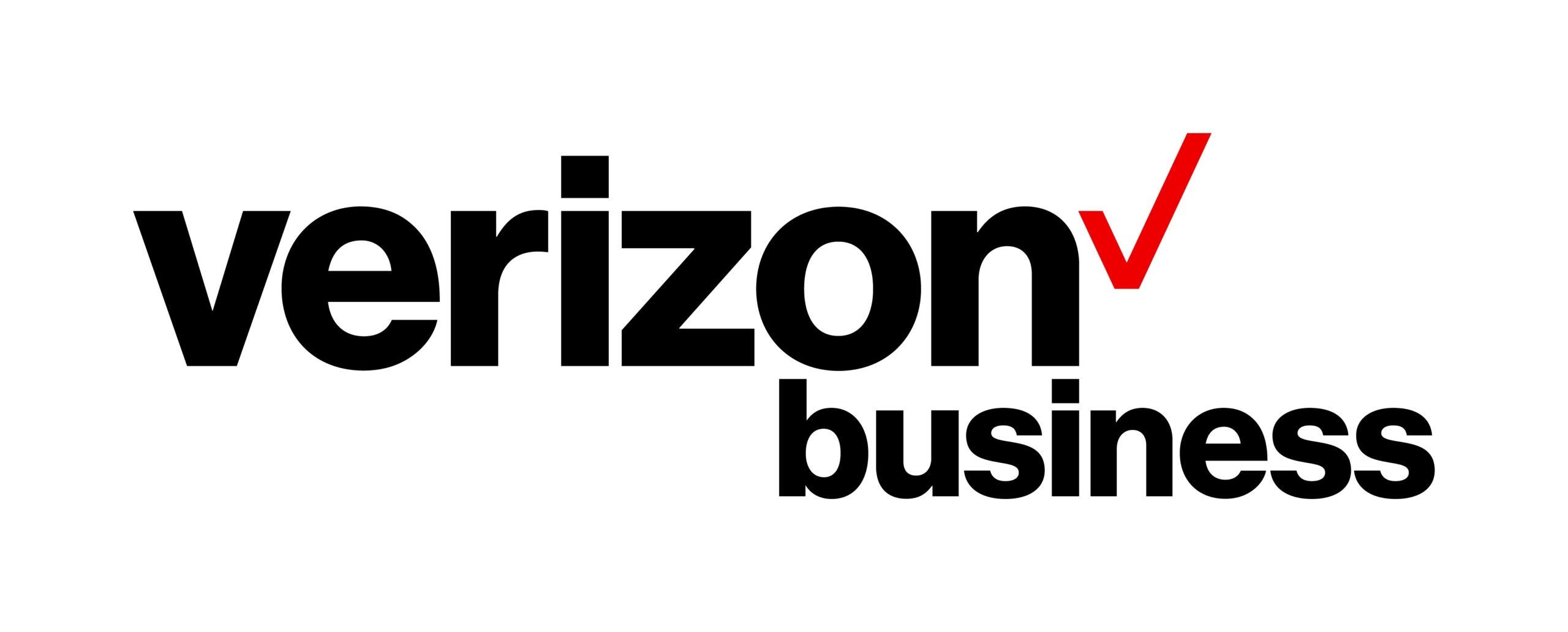Iris Meijer is familiar with the chief marketing gig at large mobile telecoms. She held senior and CMO roles at Nokia and Vodafone before joining Verizon Business, Verizon’s B2B services unit, in late 2021.
But this year, Verizon Business added a new letter to her title, promoting Meijer to chief product and marketing officer.
The chief marketer role is sometimes relegated, or considered a source of only expenditure, rather than a sales driver or something worthy of strategic investment.
But the job has evolved over time, Meijer said, in large part “driven by the customer insight and customer data we have as marketers.”
Verizon’s decision to consolidate product and marketing with one leader is “yet another example how the CMO role is becoming more important,” she said.
AdExchanger spoke with Meijer about her new role and priorities as businesses figure out their approach to in-office, hybrid and remote work.
AdExchanger: Why did Verizon Business create the new “chief marketing and product officer” role?
IRIS MEIJER: Marketing has a wealth of data, and marketers understand a lot about the customer experience and customer needs. By having product and marketing together, we’re able to accelerate our focus on the true customer experience lifecycle from end to end.
We integrated functions that are solely about ensuring we remain focused on our customers.
What do you mean when you say you’re focused on the “true customer experience lifecycle”?
We are focused on ensuring that it’s easy for our customers to order and use our products. My team is responsible for ecommerce and also for our digital service.
From the marketing point of view, a priority is ensuring that whenever we touch our customers, we have the right understanding of their needs. We can’t serve our small business customers with the same message as a large global enterprise.
We take a personalized approach when we talk to our customers and make sure we have the right offers and the right experience at the point of contact with the customer. For instance, what is the customer’s current type of technology or service [as in, type of internet service] and how digitally savvy are they?
How has Verizon Business’s marketing changed in the past five years as businesses shifted from entirely office-based wireless to work-from-home service?
COVID really accelerated digital.
You mentioned working from home, but there’s also been an acceleration of business customers being more open to customer service and booking products online. That’s something we’ve seen all our customers be more open to, but especially the largest ones.
We’re also looking into how we provide secure connectivity to customers while they’re working from home. They need the right tools to work from home securely, and that has changed the way we market our products and also the kind of products we focus on with our customers.
What types of products do you focus on?
We’re thinking about how to incorporate generative AI into our service. In sales, for example, we’re looking for ways to make it easier for our salespeople to engage with customers.
We’re piloting a service where we have a transcript of sales calls, and certain follow-up actions can be automated after the call. We can also ensure that the salesperson has the right kind of materials to talk about that product.
On the marketing side, the focus is on personalization. But today, that’s quite difficult.
We have a lot of very rich data on our customers – even real-time behavior and internet data. But to use that at a scale and with speed for campaigns across multiple local markets featuring personalized content – it’s almost impossible without AI technology.
We believe it will truly accelerate the way we interact with our customers, and allow us to do it in a more personalized manner.
Are you consolidating or expanding the number of ad tech and SaaS marketing services in your org?
In general, I’d say that we’re consolidating. I think that’s a trend overall as well.
I’ll give you an example – a couple of years back, we had over 60 data and martech vendors, which was mind blowing. And if you think back even just a couple of years ago, we probably only used around 50% – maybe even less than 50% – of the data we purchased.
Today, we’ve halved the number of vendors and we use north of 80% of all the data we purchase. So, yes, we’re focused on consolidating, and also ensuring that the return on investment for us is more impactful.
This interview has been lightly edited and condensed.















